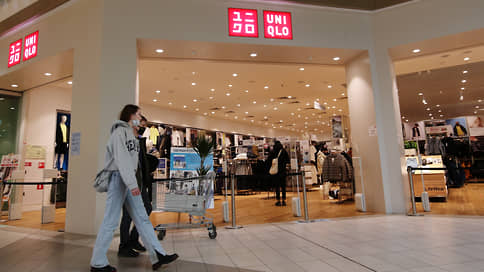In the grocery retail, the share of sales without promotions is growing

Russian retailers began to refuse short -term discounts up to four months: over the past year, their share in the structure of sales of food has decreased by 1.3 times, to 24%. According to experts, more and more retailers begin to use the strategy of low prices on an ongoing basis. It is for this reason that consumers, more often looking for stable prices for everyday goods, are so popular discounters.
As follows from the Kommersant available to Kommersant, Nielsen’s analytical company, from March 2024 to February 2025, a trend was outlined in retail to refuse short -term discounts for up to four months. Over the past year, the share of such discounts when selling food has decreased from 31% to 24%. The share of using a low price strategy every day (EDLP) did not decrease so significantly, from 20% to 18%, and 58% (+ 9 p.) For sales without promo.
Olga Sumishevskaya, partner of the One Story consulting company, notes that in 2024, retail chains sharply reduced the number of promotions to support their margin. In reality, trends for sale without shares and maintaining the stable share of EDLP are developing equally intensively, says Marina Volkova, director of analytics and consulting Nielsen. This is especially noticeable when considering certain categories, where it is important to provide an attractive offer for the buyer, the expert explains. As an example, it gives chocolate tiles, sweets in boxes and tea – if in February 2023 the share of EDLP in these categories was an average of 15–18%, then by 2025 almost doubled and now amounts to 41%, 29% and 36%, respectively. At the same time, in 2025, short -term discounts in these categories of products decreased: in chocolate tiles by 27 p., Up to 47%, in sweets in boxes and tea – by 14 p., Up to 55% and 47%, respectively.
Vladislav Tikhomirov, head of the METRO network pricing and development division, says that their network has been actively introducing the EDLP strategy since 2022. Now the program has about 5 thousand products from almost all categories, but most of all among alcoholic beverages, canned products, animal feed, household chemicals and cosmetics, he said. The “Low Prices every day” system shows itself well due to the fact that consumers in some categories practically do not make purchases at prices without discounts, the expert explains. But not all networks are trying to follow such a strategy. The leader of the Tville Loyalty Program Anton Karelin believes that the goods for the share are more attracted to the attention of the consumer than EDLP. In the X5 Group (Pyaterochka, “Crossroads”, “Chizhik”), Auchan, “Ribbon” and “Magnet” did not answer “Kommersant”.
The chairman of the Presidium Acort Stanislav Bogdanov believes that it is the format of hard discounters, which became the fastest growing in the grocery retail last year, stimulates the entire industry to move towards the Edlp model. The expert associates a decrease in the share of short -term shares in retail with the fact that consumers are increasingly looking for predictable and stable prices, and not one -time benefit.
The introduction of the EDLP model occurs unevenly – its share grows noticeably mainly in segments with high competition and great regularity of purchases by consumers, for example, tea, mayonnaise or packaged confectionery, adds Mr. Bogdanov. According to Olga Sumishevskaya, an attempt to massive transition to Edlp did not bring the retailers the desired result and will soon be expected to return to the strategy of short -term discounts. At the same time, among dairy products there is a tendency to renounce the promo in general. According to analysts, the level of short -term discounts in the sale of pasteurized milk and sour cream by February 2025 decreased to 12% and 22% against 23% and 38% in February 2023. According to Stanislav Bogdanov, in the basic categories of goods, including dairy products, retail chains are transferred to a single policy of low prices. In this case, the feasibility of short -term discounts in these categories is absent, Marina Volkova states.








